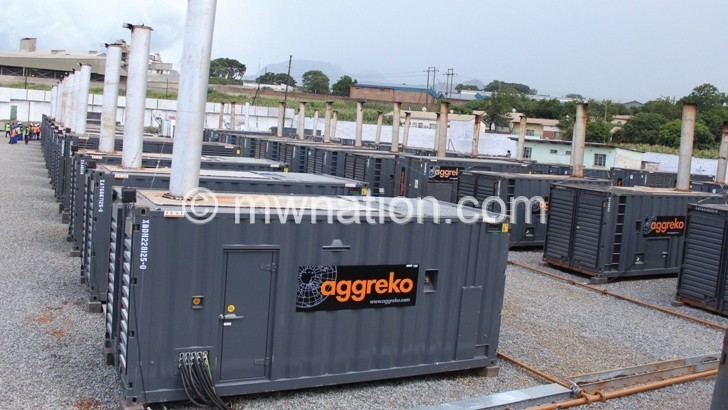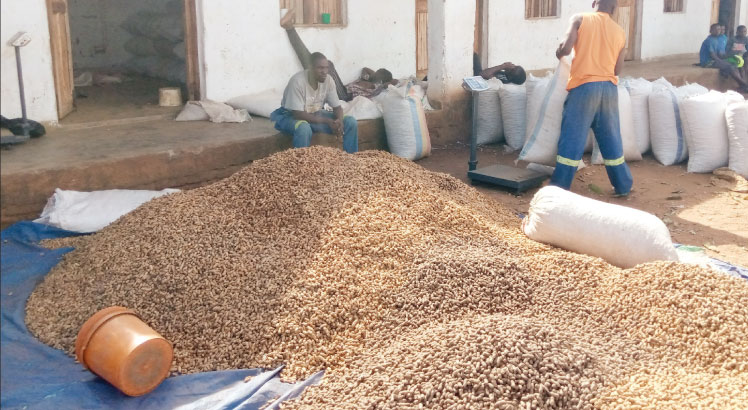Energy activist warns against coal, diesel power
Massive siltation and dwindling water levels in Shire River that have reduced hydro-electric power generation have compelled authorities to find quick ways of lessening persistent blackouts that are eroding livelihoods, jobs and healthcare.
The country, which is groping in the dark for sustainable energy options, imported diesel-powered generators to add 75 megawatts to national grid which serves just about 10 percent of the population estimated at 18 million.

Escom power house in Blantyre
Sustainable Energy For All chief executive officer Rachel Kyte has warned that the cheap way of dealing with persisting power outages has hidden costs that may harm the economy and the environment in the long-run.
Speaking ahead of the two-day Sustainable Energy For All Forum in Lisbon, Portugal, she said: “It is no secret that there is a crisis of hydro-electric power in Malawi and other southern African countries affected by drought.
“Some countries may believe diesel-generators and coal-fired plants are a cheap and quick way to close the energy gap, but they aren’t.
“The truth is that coal and diesel does not cut on the cost on human health, they don’t reduce air pollution and they won’t cut the cost of importing diesel on which most of the least developed countries adopting these unclean forms of energy have no say.”
Environmentalists classify coal and oil as unclean energy alternatives which slow the global agenda to reduce carbon emissions and global temperatures in line with the Paris Agreement.
Almost 900 experts, activists, entrepreneurs, financiers and other change agents from all parts of the world have gathered in Lisbon to explore ways of ensuring that every person on earth has access to sustainable, reliable and affordable forms of energy.
According to Kyte, Malawi has the potential to join Kenya, Ethiopia, Rwanda, Senegal, Togo, Uganda and other African countries which have made progress in lessening energy problems by integrating renewable energy to the national grids.
Bringing renewable energy to the national grid makes the grid cleaner and reliable. We are talking about less air pollution, less damage to crops and better lives for people. However, Malawi is sitting on renewable resources, especially wind and solar, which is cheaper than the cost of dispatching coal and oil,” she said.
The Millennium Challenge Account Malawi (MCA)is implementing energy compact funded by United States’ Millennium Challenge Corporation (MCC) amounting to $350.7 million (K261 billion), is modernising distribution and transmission lines of Electricity Generation Company (Egenco) to increase efficiency and capacity. n





